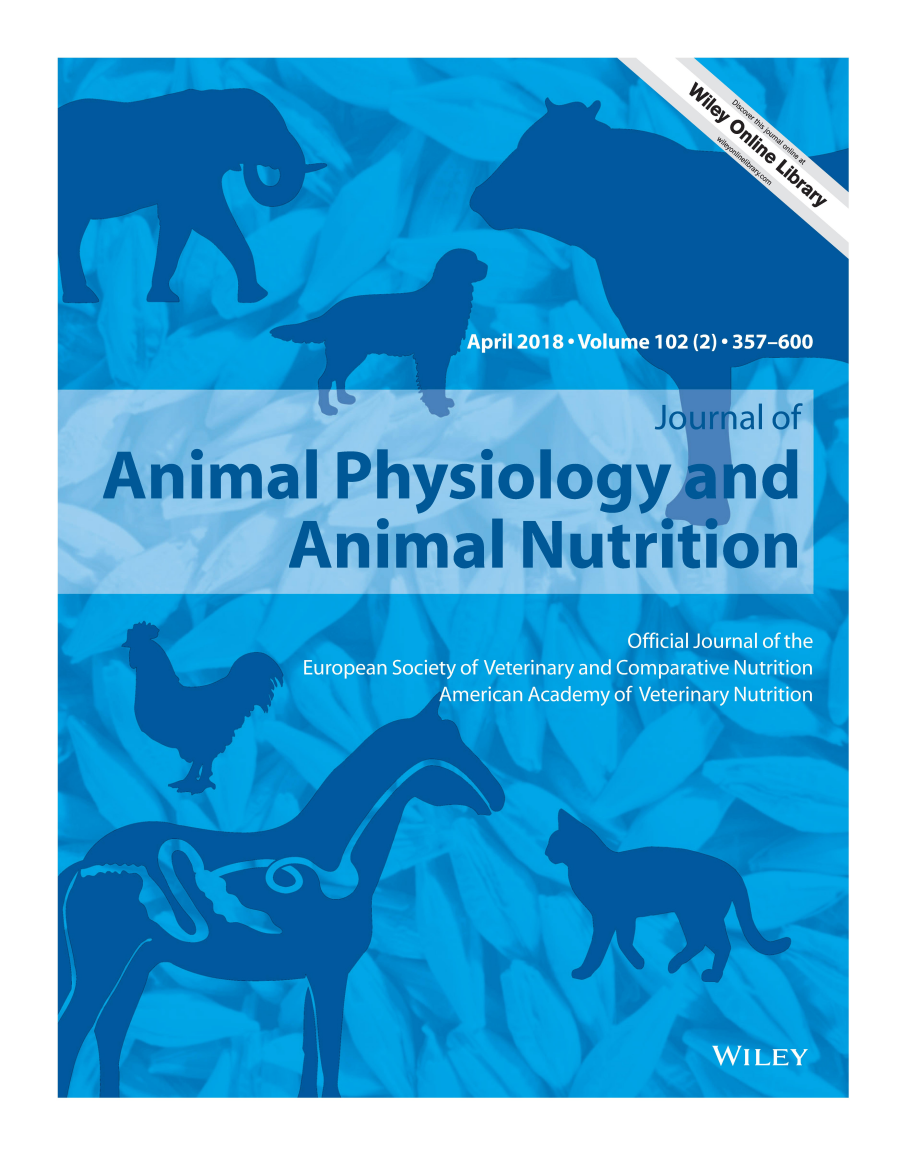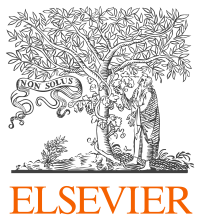 In 2015, a group of researchers based in Spain decided to write a review article on high blood pressure. But when they looked over eight articles co-authored by the same person, they noticed some undeniable similarities.
In 2015, a group of researchers based in Spain decided to write a review article on high blood pressure. But when they looked over eight articles co-authored by the same person, they noticed some undeniable similarities.
Over the last few years, Giuseppe Derosa, based at the University of Pavia in Italy, has racked up 10 retractions after journals determined he’d published the same material multiple times. But there’s much more to this story: The researchers in Spain (led by Luis Carlos Saiz of the Navarre Regional Health Service in Pamplona) kept digging into his publication record, and have since identified dozens of additional potential duplicates. Although the outside researchers alerted journals to the additional potentially problematic papers in 2015, most have not taken action; recently, two journals published by Taylor & Francis flagged 12 of Derosa’s articles, three of which they had been alerted about in 2015 by Saiz and colleagues.
Now, Saiz is telling his story — and why duplication of medical research matters:
 A fish scientist in Iran has now
A fish scientist in Iran has now 
 Before we present this week’s Weekend Reads, a question: Do you enjoy our weekly roundup? If so, we could really use your help. Would you consider a
Before we present this week’s Weekend Reads, a question: Do you enjoy our weekly roundup? If so, we could really use your help. Would you consider a  In 2012, investigations found that researcher
In 2012, investigations found that researcher 
 A researcher collected her own blood and forged the labels so it would appear to be samples from nearly 100 people, according to a
A researcher collected her own blood and forged the labels so it would appear to be samples from nearly 100 people, according to a 